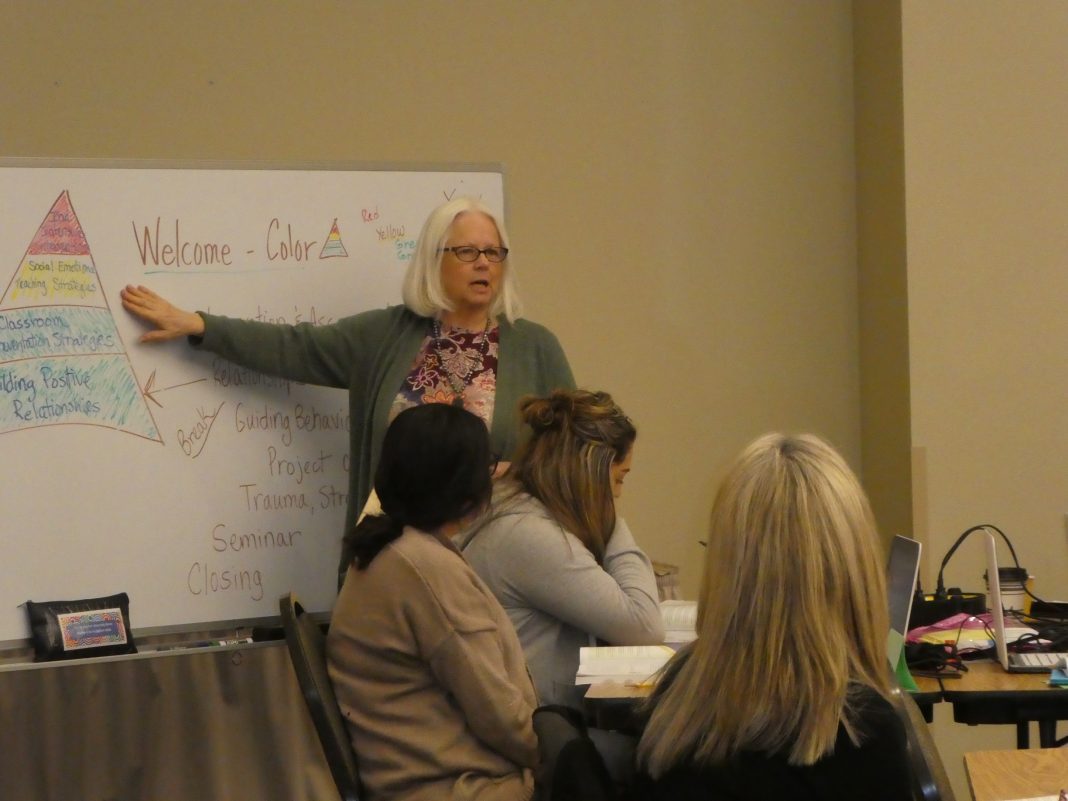Education opens up a world of opportunity. For the students of Capital Region ESD 113’s Sound to Harbor Early Learning Programs, that opportunity begins when they attend preschool through Head Start or ECEAP (Early Childhood Education Assistance Program). But the preschoolers aren’t the only ones that are benefiting by advancing their education. Sound to Harbor teacher assistants have the opportunity to receive valuable education towards their Early Childhood Education (ECE) Stackable Certificate.
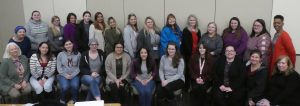
In a partnership with South Puget Sound Community College (SPSCC), qualified teacher’s assistants employed with Sound to Harbor receive free tuition, textbooks and student support towards getting their Initial ECE Certificate. Formal education provides a deeper understanding of the important impact that early learning educators have on children. It also gives them tools beyond their own experience to help them ensure every child has the opportunity to succeed.
Karen Reynolds is a Sound to Harbor employee and currently enrolled as a student in the Initial ECE Certification classes. “The textbooks, discussions, and seminars give specific instruction, and we are supported in our development every step of the way,” she says. “I am so grateful for the opportunity to work and go to school at the same time, and to have our education paid for by our employer is heaven-sent!”
“For current teacher assistants, the Initial ECE Certification Program is an attractive perk that we offer,” says Holly Porter, ECE Instructional Coach for Sound to Harbor Early Learning Programs, and college liaison for the classes.
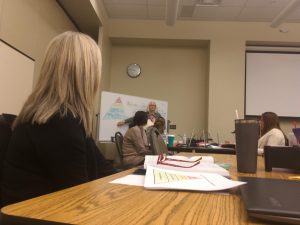
The classes provide great flexibility for Sound to Harbor employees, as they meet just one day a month, scheduled during their work hours. This flexibility is important to many members of the program that can’t participate in traditional night school classes for various reasons. “I am a single mom who works full time and always wanted to go back to school,” says Marie Cartwright, “Timewise and financially is was never an option for me until I came to ESD113.”
The doorway to higher learning is made possible, not only with the flexibility of the program meeting hours, but through the financial support of Sound to Harbor’s program. Two of the classes, a total of 10 credit hours, are covered by the program, including the required textbooks for the classes. The final two credits are often paid for by the Early Achievers Grant, a state funded scholarship that provides funding for tuition, books and student support for eligible applicants pursuing education in the ECE stackable certificates. “The ECE program is a great opportunity for people like me who cannot afford college, but still want to be able to get an education and work in the field that they love,” explains Sarah Barlow, another current Initial ECE Certificate student.
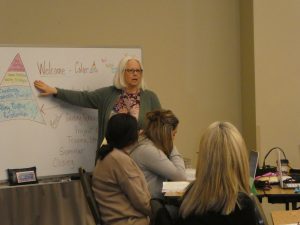
The Initial ECE Certificate consists of 12 credit hours in three courses. Classes begin in fall, and carry on throughout the year. Students start with one of two classes. They either begin with Introduction to Early Childhood Education, which gives a thorough overview of theories in the field of early education, and covers issues, trends, and best practices, as well as delves into ethics. Or they start with the other year-long course: Health, Safety and Nutrition, which is offered in alternating years with the introduction class. The third class, Practicum: Nurturing Relationships, can be taken concurrently with one of the other two classes, and is mostly online, offering additional flexibility, and sends students to observe other classrooms, helping them see the concepts they have learned in action.
Many students use this certification as a first step into getting a degree. Some never realized that college would be the right fit for them. Others, take the classes and see the benefit in understanding the theory behind the practical applications of their everyday work. “I have been in the Head Start program for many years,” says Karen McBride, a former ECE student who completed her certification. “Taking these classes helped re-spark some joy into my teaching, and the classes taught me new things and reminded me of others.”
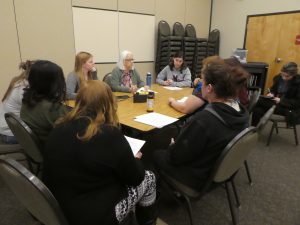
While many students in this program are newcomers to the college experience, Porter notes that they are not the only ones that benefit from ECE certification. Teachers who come to the program with K-12 Teacher Certification also take the ECE courses to deepen their understanding of early childhood development and broaden their skillset with this age group.
Education opens up a whole new world for children, exposing them to new ideas and concepts. The Initial ECE Certification does that for early educational professionals.
If you would like to open the door of education for preschool children while opening the door for yourself as well, take a look at the job opportunities on the Sound to Harbor website.
Sponsored






































